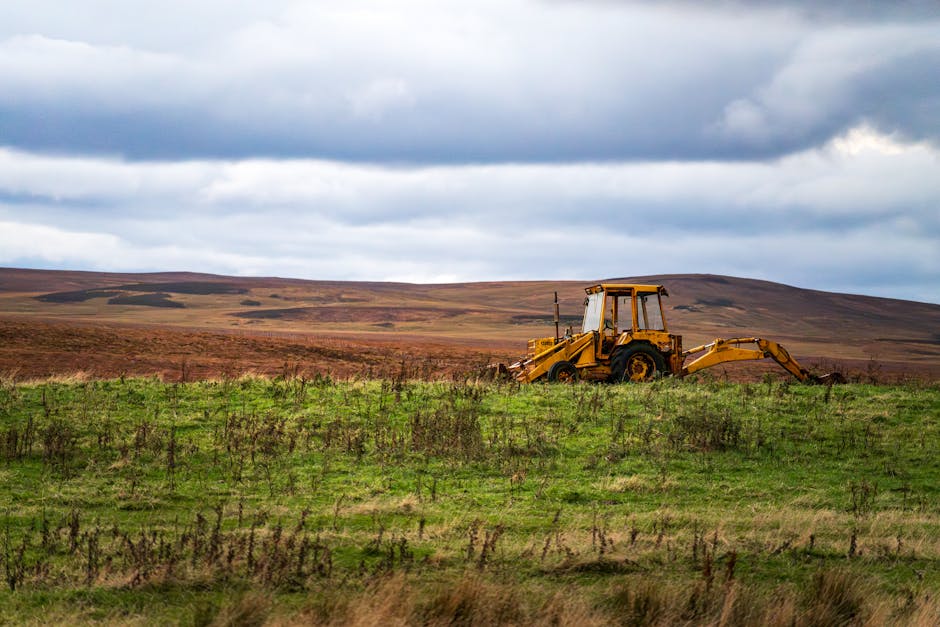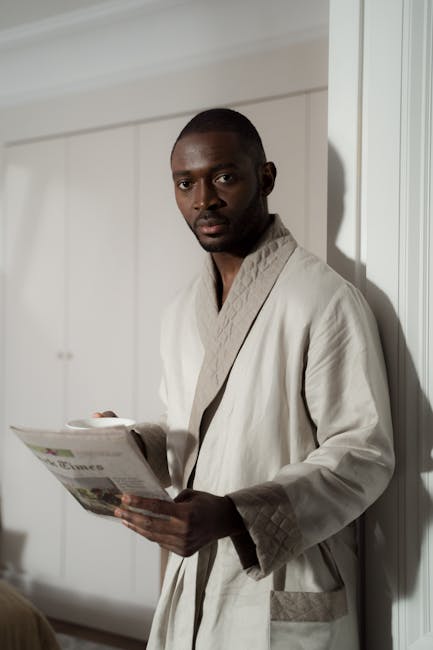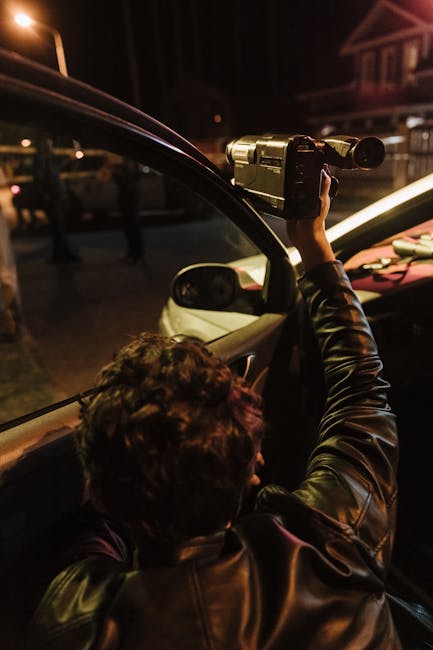
The Changing Face of Canadian Urban Culture
Canadian urban centers are undergoing a remarkable transformation, blending traditional values with modern multicultural influences in ways that redefine what it means to be Canadian in the 21st century.
The unique character of cities like Toronto, Vancouver, and Montreal reflects a fascinating evolution of Canadian identity. From neighborhood cafes serving international cuisine to public spaces celebrating diverse cultural festivals, the urban landscape tells a story of integration and acceptance.

The Intersection of Tradition and Innovation
What makes Canadian urban culture particularly compelling is how it maintains respect for historical traditions while embracing progressive change. This balance creates environments where both long-time residents and newcomers can find their place.
The role of public institutions—from libraries to community centers—has been crucial in fostering this inclusive atmosphere. These spaces serve as neutral ground where different cultural perspectives can meet and interact naturally.
"The true strength of Canadian cities lies in their ability to honor the past while building for the future."
Community Voices and Perspectives
To understand the depth of this cultural shift, we spoke with residents who have witnessed these changes firsthand. Their stories reveal a complex tapestry of experiences that challenge simple narratives about urban development.

Paris Farrell PhD
Urban Sociologist
"The transformation we're seeing isn't just about architecture or infrastructure—it's about how people relate to each other in shared spaces. Canadian cities are becoming laboratories for multicultural coexistence."


Dr. Helga Mayert V
Cultural Historian
"What's remarkable about Canadian urban evolution is how it maintains a sense of place while adapting to global influences. This creates a unique dynamic that preserves local character without resisting change."
Looking Forward
As Canadian cities continue to grow and diversify, the conversation around urban culture will undoubtedly evolve. The challenge lies in ensuring that development benefits all community members while preserving the qualities that make each city unique.
The ongoing dialogue between different cultural groups, city planners, and residents suggests a promising future for Canadian urban centers—one where diversity is seen as a strength rather than a challenge.

Share Your Thoughts
We'd love to hear your perspective on Canadian urban culture. How has your city changed in recent years? What aspects of urban life do you value most?